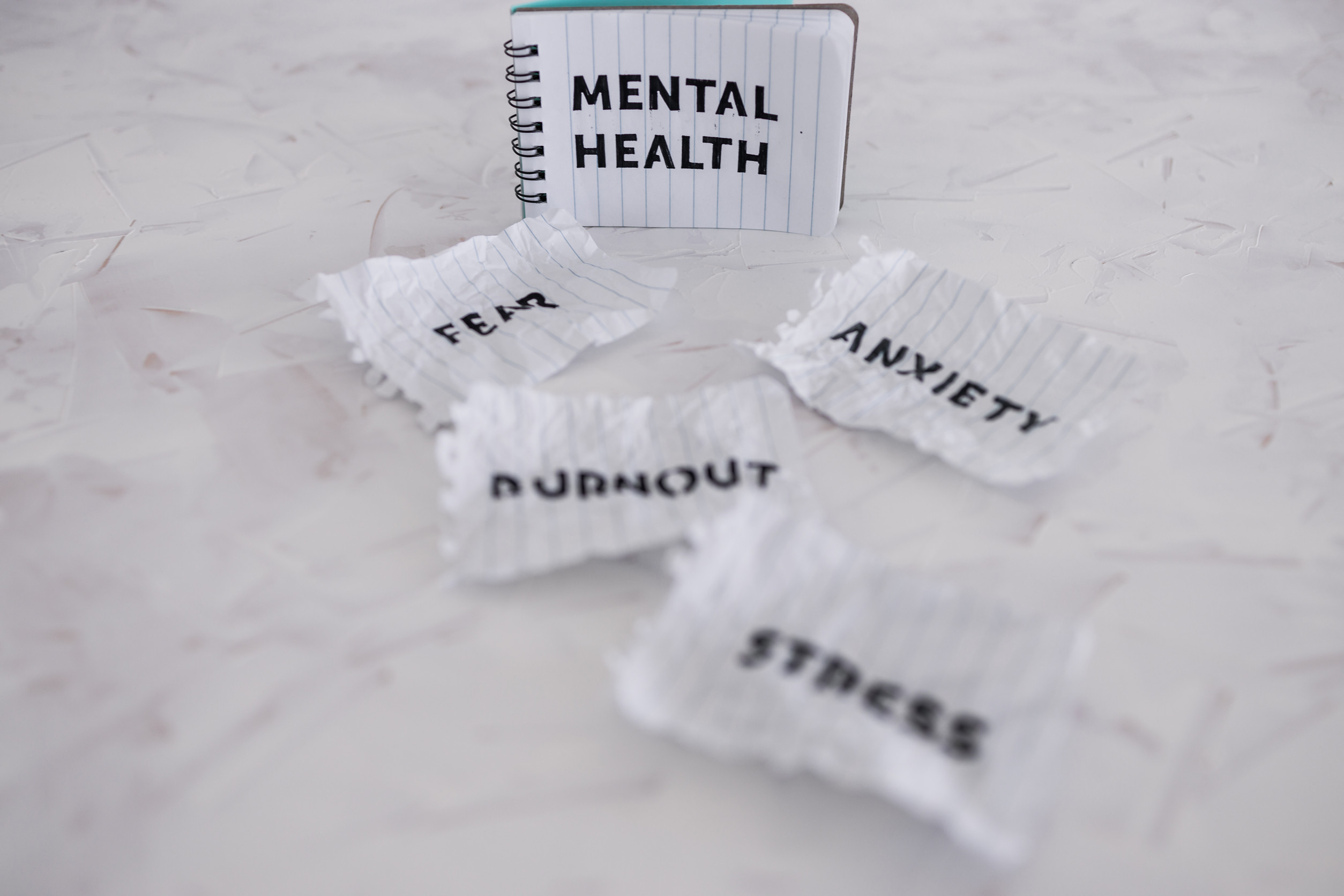Scroll through TikTok for just five minutes, and you’re likely to stumble upon a video of someone explaining their ADHD “symptoms” or breaking down the difference between anxiety and a panic disorder—all with upbeat background music and trendy captions. For Gen Z, mental health isn’t just a private matter discussed in hushed tones at a therapist’s office; it’s content, identity, and conversation starter.
Platforms like TikTok, Instagram, and YouTube have become digital therapy couches, where personal struggles are shared and dissected publicly. The language of mental health is everywhere, and for many young people, diagnosing themselves online feels like a first step toward understanding who they are. But this constant exposure to labels can blur the line between genuine awareness and over-identification.
Why Labels Offer a Sense of Belonging
Labels like “anxious,” “neurodivergent,” or “trauma survivor” provide more than just a name for what someone might be experiencing—they offer community. Gen Z, a generation shaped by social media and a sense of global disconnection, often finds comfort in shared labels that validate their struggles. When someone can name what they’re feeling, it brings relief, understanding, and a sense of control.
Mental health terms have evolved into shorthand for lived experience, creating online micro-communities that thrive on empathy and shared language. For many, it’s less about clinical accuracy and more about feeling seen.
Therapy Talk Has Gone Mainstream
Words like “triggered,” “gaslighting,” and “trauma response” used to live in psychology textbooks or therapy rooms—but now, they’re sprinkled into everyday conversations. Gen Z’s immersion in therapeutic language reflects a larger cultural shift where mental health awareness is not only accepted but celebrated. This fluency can be empowering, helping people articulate their needs and set boundaries more effectively.
Yet, there’s a risk that overuse can dilute meaning, turning complex psychological concepts into buzzwords. When everyone’s “traumatized” by a bad day or “anxious” before a test, the gravity of those terms begins to slip.
The Pressure to Be Diagnosed
For some in Gen Z, having a diagnosis feels like more than a health necessity—it feels like a rite of passage. Without a label, many feel lost in a sea of uncertainty, as though their struggles are invalid or invisible. This has led to a rise in teens and young adults pursuing diagnoses not necessarily for treatment, but for clarity and identity.
In a world that often demands people to define themselves quickly and completely, having a mental health label can provide an answer to the question, “Who am I?” However, this mindset can also create pressure to pathologize ordinary human emotions.
When Awareness Turns Into Overidentification
Knowing the signs of depression or OCD can be helpful, but it becomes problematic when individuals begin to see every quirk or mood swing as a disorder. Some young people latch onto a diagnosis so tightly that it begins to shape how they see themselves in all areas of life. While that can feel validating in the short term, it may also limit growth by reinforcing a fixed identity based on illness.
Not every difficult moment requires a label, and not every feeling needs to be explained with a diagnostic term. Awareness should lead to healing—not confinement.
Social Media: The Double-Edged Sword
TikTok’s algorithm is eerily good at serving users content that mirrors their current emotions, which can be comforting—but also misleading. When someone already feeling low scrolls through endless videos about depression or ADHD, they may start seeing themselves exclusively through that lens.
On one hand, social media has democratized access to mental health education, especially for those who can’t afford therapy. On the other, it has turned mental health into a kind of performance, where relatability often overshadows nuance. The line between education and entertainment is thin—and sometimes dangerously blurry.
A Generation Demanding Better Mental Health Systems
At its core, Gen Z’s obsession with mental health labels is also a cry for a better, more accessible system. They’re tired of waiting months for appointments, paying high prices, and being told to just “get over it.” In the absence of reliable support, they’ve turned to what’s available—each other, and the internet.
Labeling becomes a form of empowerment, a way to demand attention, support, and accommodations in systems that often overlook them. It’s not just about naming feelings—it’s about demanding to be taken seriously.
Redefining What It Means to Be Mentally Healthy
Mental health isn’t black and white—it’s a spectrum, a fluid journey that shifts with time, circumstance, and support. For Gen Z, redefining mental wellness means embracing both the messiness and the moments of calm without always needing to categorize them. Labels can be useful tools, but they shouldn’t become cages.
The ultimate goal should be resilience, self-awareness, and growth—not living under the weight of a diagnosis. As this generation grows up, so will their understanding of what it truly means to be mentally well.
Mental Health Is About More Than Labels
Mental health is more visible, discussed, and destigmatized than ever before—largely thanks to Gen Z’s honesty and openness. But in the rush to name every feeling, we risk forgetting that healing doesn’t always require a label.
Sometimes, it’s okay to just feel, to navigate the murky middle without needing to define it. The balance lies in using language as a bridge to understanding—not a wall that boxes us in.
What are your thoughts on this generational shift? Do you think the rise of mental health labels is more helpful or harmful?
Read More
Why Gen Z Thinks Marriage Is a Trap
These 6 “Harmless” Habits Are Mental Health Red Flags



Leave a Reply